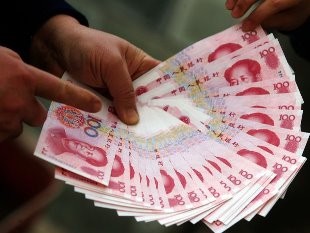Last year, over 29,000 people were targeted by the Communist Party of China’s disciplinary regulations in line with China’s strengthened anti-graft campaign, reported China Daily.
The report stated that a total of 29,011 individuals were involved in over 32,000 cases that broke the Party's eight-point regulations. These rules were created to practice austerity among members as well as bring the Party closer to the general public.
The total figures were posted on the Central Commission for Discipline Inspection's official website.
Senior Party officials involved in misconduct as well as the number of cases have increased in 2015 as compared to 2014, when 23,646 people were involved in 53,085 cases.
In the first 11 months of 2015 alone, eight officials at provincial or ministerial level, 441 at city level, and 3,818 at county level were acquitted. In 2014, the numbers for the three levels were two, 198, and 2,630.
The commission also investigated 64 officials from state-owned companies controlled by central authorities. These firms were mostly involved with the energy, transportation, machine manufacturing and communication sectors.
Thanks to the country's toughened anti-graft campaign, officials punished in 2015 also rose by 51 percent year on year.
The CCDI particularly targeted practices within the Party that exemplified extravagance, bureaucracy and undesirable work practices.
The country's top anti-corruption body, however, has warned that violations such as misuse of public funds and extravagance can go "underground." For example, some officials have opted to eat meals in canteens without paying. Other officials, on the other hand, use public funds for tourism on the cover that they were sent on official business trips.




























